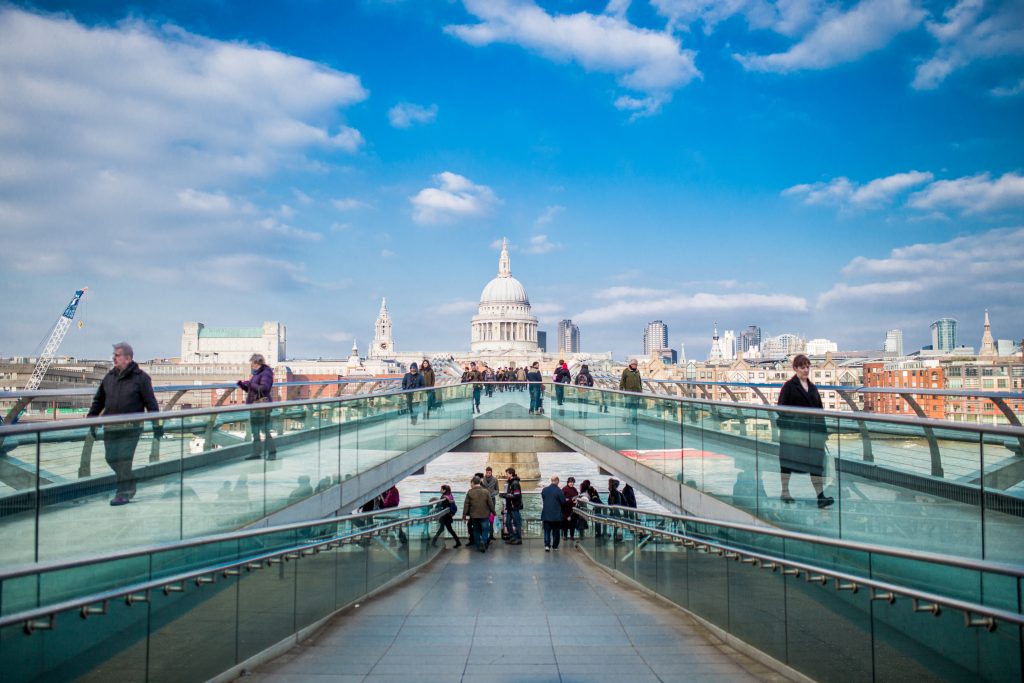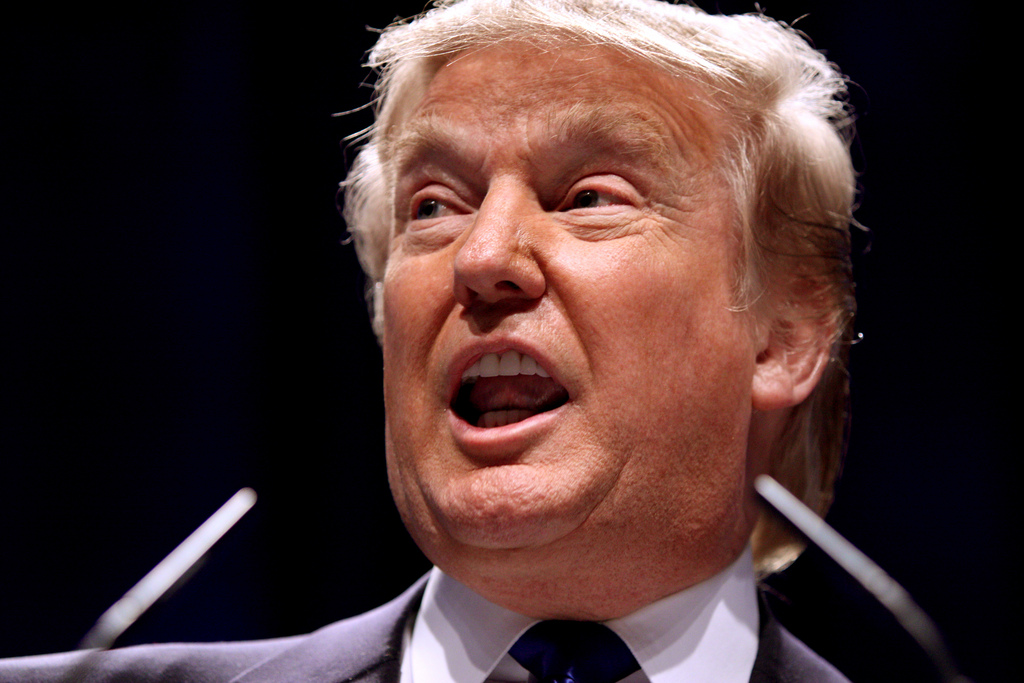A judge in a US court has ruled that a local politician violated a citizen’s right to free speech by blocking the user from her Facebook page.
It may sound trivial, but the decision may have significant implications, not just for a recent lawsuit brought against the US President Donald Trump, but also in relation to the way politicians around the world use their social media accounts and engage with citizens online.
Freedom of speech on social media
 Image Credit: Pexels
Image Credit: Pexels
The First Amendment is one of the key civil rights documents in the United States Constitution upholding freedom of speech. Similar to human rights protected in EU and UK law, it protects the freedom of speech, freedom of religion, freedom of assembly and freedom of the press.
In July 2017, a district court in Virginia ruled that Phyllis J Randall, Chair of the Loudoun County Board of Supervisors and acting within her role as a public official on her Facebook page, had violated the First Amendment by “suppressing critical commentary regarding elected officials”.
We hope courts looks to this opinion as the road map in holding that it is unconstitutional for President Trump to block his critics on Twitter
The Knight First Amendment
This may have implications for another legal action. The Knight First Amendment Institute, who are suing President Trump for blocking Twitter users, commented that they “hope the courts look to this opinion as a road map in holding that it is unconstitutional for President Trump to block his critics on Twitter”.
But what about in the UK?
 Image Credit: Negative Space / Pexels
Image Credit: Negative Space / Pexels
Well, we don’t have a written constitution in the same way as the US. However, the UK has incorporated the Human Rights Convention into law. Article 10 of the Convention protects our freedom of expression, which covers the freedom to hold opinions and to receive information and ideas without interference by public authorities.
In November 2016 the Human Rights Court ruled in the case of Magyar Helsinki Bizottság v. Hungary that Article 10 includes a right to information from public authorities. This means that we have the right to access information from the government where it can be said to be “instrumental for the individual’s exercise of his or right to freedom of expression”.
Social media engagement in politics
My use of social media is not Presidential – it’s MODERN DAY PRESIDENTIAL. Make America Great Again!
— Donald J. Trump (@realDonaldTrump) July 1, 2017
President Trump’s use of social media to inform and comment on government policy, has introduced a new era of political engagement online. Increasingly, social media is being seen as a platform where politicians can act in their official capacity. This raises complex legal issues, including around whether blocking a user can violate their right to obtain information and express their opinions.
Social media is playing a bigger role not just during a politician’s time in office, but also as a significant tool in the election process. The social media site Facebook has been described as the “key to winning UK general elections” with over half of the UK population using its site, and 1 in 4 people in the UK using Twitter.
Social media is now used by a majority of politicians and utilised not just as a broadcasting medium, but as a way of ‘humanising’ themselves and having direct contact with their voters. 86% of MPs have a Twitter account, with a typical day amassing 445 tweets from UK MPs. It can be an effective way for constituents to get to know their MPs, and is often used to obtain immediate feedback or queries from constituents (as seen here). MPs can tailor their messages to their audience by using analytic tools and essentially advertise, for example by promoting campaigns and political issues as seen here.
Messages going unchallenged
 Image Credit: Skitterphoto / Pexels
Image Credit: Skitterphoto / Pexels
But direct access to the public can mean that sometimes messages from politicians go unchallenged. Nic Newman, a research associate at the Reuters Institute for the Study of Journalism at Oxford University, has criticized the politicians’ tactic of making announcements via social media to avoid proper scrutiny.
As in the US, British politicians have also been accused of blocking constituents who criticize them or make complaints. It remains to be resolved whether a politician’s social media pages are public forums where they are acting in their official capacity, or whether these are personal, individual pages where anyone has the right to block another user.
Increasingly, politicians are using social media pages to inform the public of their work. It could be argued that blocking access to this information is a violation of an individual’s freedom of expression, as well as a sign of an anti-democratic culture online. However, there may also be valid reasons for a public official to block a user. It’s an issue that will continue to develop, and one that, thanks to social media, we are seeing in real time.
Featured Image: Gage Skidmore / Flickr







